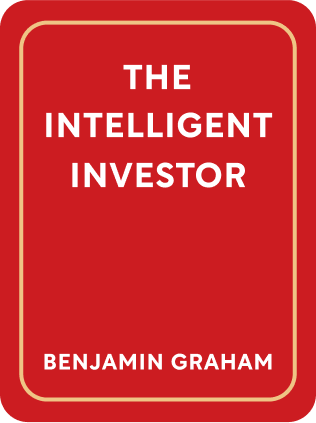

This article is an excerpt from the Shortform book guide to "The Intelligent Investor" by Benjamin Graham. Shortform has the world's best summaries and analyses of books you should be reading.
Like this article? Sign up for a free trial here .
How do bonds differ from stocks? How do you know whether to invest in stocks or bonds?
There are several strategies for learning how to pick bonds. But before you start investing in bonds, you need to know the answer to the question “how do bonds differ from stocks?”
Keep reading to find out the answer to the question “how do bonds differ from stocks?”
How Do Bonds Differ From Stocks?
How do bonds differ from stocks? You should invest in both stocks and bonds. You should learn investing strategies for both before you start investing.
Shortform Exclusive: Introduction to Bonds
(Graham skips over explaining what bonds are, assuming the reader already has knowledge. We wrote this introduction in case you’re unfamiliar.)
So how do bonds differ from stocks? Bonds represent loans made by an investor to a borrower. As an investor, you can buy bonds from companies, municipalities, states, and national governments. When you buy a bond, you become a creditor—the bond issuer owes you money.
A bond consists of a few components:
- The principal: the amount of money that is borrowed, also known as the “face value”
- The coupon: the interest rate that is paid to bondholders.
- The maturity date: the date at which the principal will be paid back.
For example, say today you buy a treasury bond from the US federal government with a principal of $10,000. The term is 20 years, with a coupon rate of 4%. Every year, you will receive $400 in interest payments. In 20 years, the government will pay you back $10,000.
The bond is also tradeable. You can buy the bond from the government, then sell it to another investor. You aren’t required to hold onto a bond until the maturity date. This is an important distinction when it comes to the question “how do bonds differ from stocks”
The bond therefore has a market price that depends on outside circumstances, particularly the market interest rates. Once it’s issued, a bond is a fixed instrument with defined terms—it will pay certain amounts at certain dates. The fixed amount that bond pays can have changing values in different periods:
- If the interest rate in the larger market declines, the price of a bond increases. For example, say you have a bond with a 4% coupon while overall interest rates are at 2%. The bond is paying out more than current interest rates, and it thus becomes more valuable. The price of this bond might significantly exceed the $10,000 in face value.
- Likewise, if the overall interest rate increases, the price of a bond decreases. For example, if interest rates rise to 6%, there are better opportunities to invest elsewhere than in the 4% bond. The price of a bond might fall much lower than the $10,000 in face value.
There are many more complexities to bonds, but this should suffice to build an intuition for how bonds work.
Zweig’s Commentary on Bonds
In his modern commentary, Zweig offers the following additional tips:
- Most bonds are sold in $10,000 lots, and you need at least 10 bonds to diversify away the risk of default. Therefore, unless you have $100,000 to invest in bonds, you should invest in bond funds instead. These diversify over a wide basket of bonds without your needing to do individual research.
- If you really want to buy individual bonds, instead of buying short-term or long-term bonds, strike the middle: 5-10 year maturity dates. These have more dampened fluctuations than long-term bond prices, while they capture more upside than short-term bonds.
So how do bonds differ from stocks? There are several ways, and you need to know all about bonds before making investments.

———End of Preview———
Like what you just read? Read the rest of the world's best book summary and analysis of Benjamin Graham's "The Intelligent Investor" at Shortform .
Here's what you'll find in our full The Intelligent Investor summary :
- Key advice from what Warren Buffett considers the "best book about investing"
- The 2 major indicators you should use for evaluating stocks
- How you can use aggressive or defensive investing strategies






